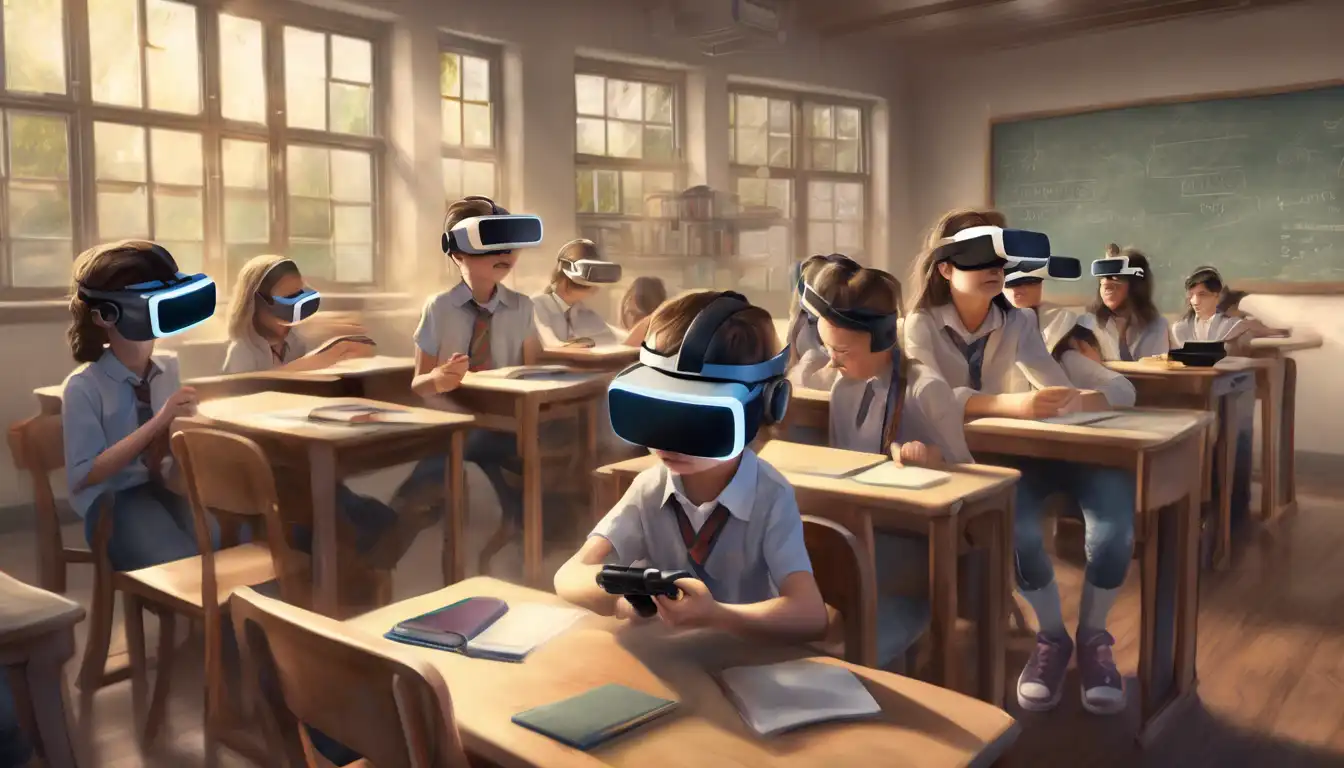The Transformative Impact of Virtual Reality in Learning Environments
Virtual Reality (VR) technology is revolutionizing the educational landscape, offering immersive learning experiences that were once beyond imagination. By simulating real-world environments, VR provides students with unique opportunities to explore complex subjects in a hands-on manner, making learning both engaging and effective.
Why VR is a Game-Changer in Education
VR in education transcends traditional learning methods by creating interactive 3D worlds. This technology enables students to visualize and interact with educational content, enhancing comprehension and retention. For instance, medical students can perform virtual surgeries, while history classes can take virtual tours of ancient civilizations.
Benefits of VR in Educational Settings
- Enhanced Engagement: VR's immersive nature captures students' attention, making learning more appealing.
- Improved Retention: Experiential learning through VR aids in better memory retention.
- Accessible Learning: VR makes education more accessible, allowing students to explore places and concepts that are otherwise out of reach.
- Safe Learning Environment: VR provides a risk-free platform for practicing skills, from chemical experiments to flight simulations.
Challenges and Considerations
Despite its potential, integrating VR into education comes with challenges. The cost of VR equipment and the need for technical support can be prohibitive for some institutions. Additionally, ensuring that VR content is pedagogically sound requires collaboration between educators and technologists.
The Future of VR in Education
As VR technology becomes more affordable and widespread, its role in education is set to expand. Future developments may include more personalized learning experiences and greater integration with other EdTech tools, further transforming how we teach and learn.
In conclusion, VR holds immense potential to enrich educational experiences, making learning more interactive, engaging, and effective. By overcoming current limitations, VR can redefine the boundaries of education, offering students unparalleled opportunities to explore and understand the world around them.
